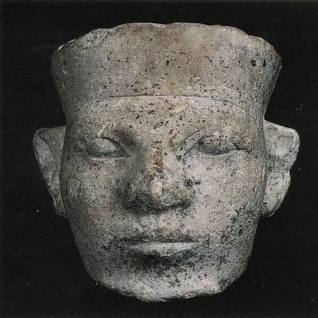
https://creativelawcenter.com/dickens-american-copyright/
There is currently great hysteria about IP theft by China. Even reasonably sensible Americans loose all sense of reality on this topic. For example WIRED wrote 11 October 2018″
From US companies, Chinese hackers and spies have purloined everything from details of wind turbines and solar panels to computer chips and even DuPont’s patented formula for the color white. “
You cannot steal a patented formula !! You can only infringe it. The purpose of patents was to spread knowledge around the world while allowing an inventor a share of the rewards of his invention. In return for making his discovery public and allowing others to develop it further he received a patent. If it is not public it is not a patent!”
But the really important point is that US did nto recognise foreign Intellectual Property until it would loose more than it gained i.e. not until many US authors etc were loosing international royalties did US begin to recognise foreign copyrights. As one encyclopedia puts it:
International Copyrights in the United States
The U.S. was long a net importer of literary and artistic works, especially from England, which implied that recognition of foreign copyrights would have led to a net deficit in international royalty payments. The Copyright Act recognized this when it specified that “nothing in this act shall be construed to extend to prohibit the importation or vending, reprinting or publishing within the United States, of any map, chart, book or books … by any person not a citizen of the United States.” Thus, the statutes explicitly authorized Americans to take free advantage of the cultural output of other countries. As a result, it was alleged that American publishers “indiscriminately reprinted books by foreign authors without even the pretence of acknowledgement.” The tendency to reprint foreign works was encouraged by the existence of tariffs on imported books that ranged as high as 25 percent.
The United States stood out in contrast to countries such as France, where Louis Napoleon’s Decree of 1852 prohibited counterfeiting of both foreign and domestic works. Other countries which were affected by American piracy retaliated by refusing to recognize American copyrights. Despite the lobbying of numerous authors and celebrities on both sides of the Atlantic, the American copyright statutes did not allow for copyright protection of foreign works for fully one century. As a result, American publishers and producers freely pirated foreign literature, art, and drama. (https://eh.net/encyclopedia/an-economic-history-of-copyright-in-europe-and-the-united-states/)
A more honest reflection comes from Charles Morris in his piece for Foreign Policy entitled ‘We Were Pirates Too’ (https://foreignpolicy.com/2012/12/06/we-were-pirates-too/) which details the aggressive and state sponsored theft of British manufacturing technology to kick start US manufactures. The importance of these thefts was not unappreciated at the time. One critical person was Samuel Slater who transferred British leading edge mass manufacturing technology to US. Morris writes: ‘Former president Andrew Jackson called Slater “The Father of the American Industrial Revolution,” the Brits called him “Slater the Traitor.”‘
See also ( https://www.newyorker.com/magazine/2014/06/09/spy-vs-spy-3 )
Before Brits become too outraged it should be remembered that the early spinning technology was originally stolen by English man John Lombe from Italians and then the German, Brugelmann, stole later versions and started production in Germany as one writer clearly puts it: ” …, it is only through industrial espionage that the spinning technology traveled from Italy to Britain, Germany, the US, and subsequently the rest of the world”. What of the historic theft of paper making technology from China?
Even today China based lawyers claim US companies tend to ignore the territorial basis of patent and copyrights: (https://www.chinalawblog.com/2016/08/how-to-protect-your-ip-from-china-step-one-recognize-that-the-u-s-is-not-the-only-place-in-the-world.html)
Dickens famously fulminated against his loss of royalties due to piracy in US. ( https://creativelawcenter.com/dickens-american-copyright/) Thus the recent show of moral outrage at intellectual property theft is quite … well enough to make one blush !

